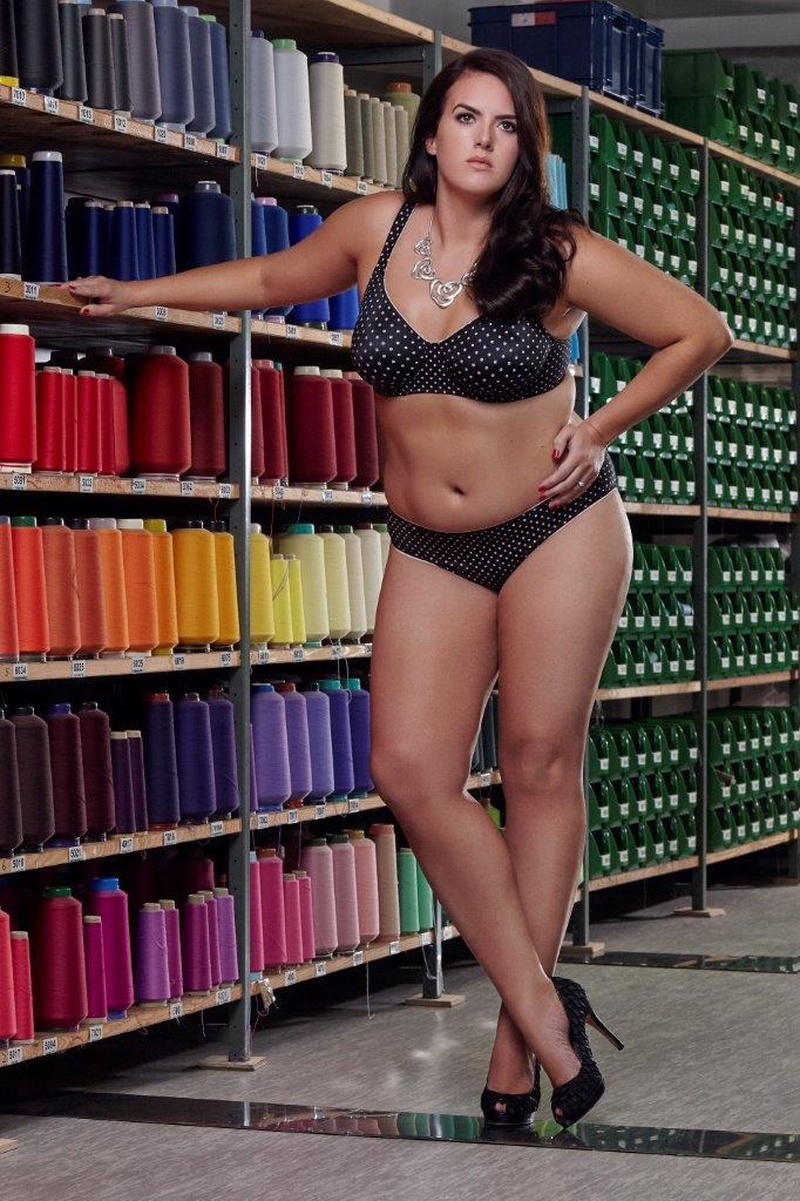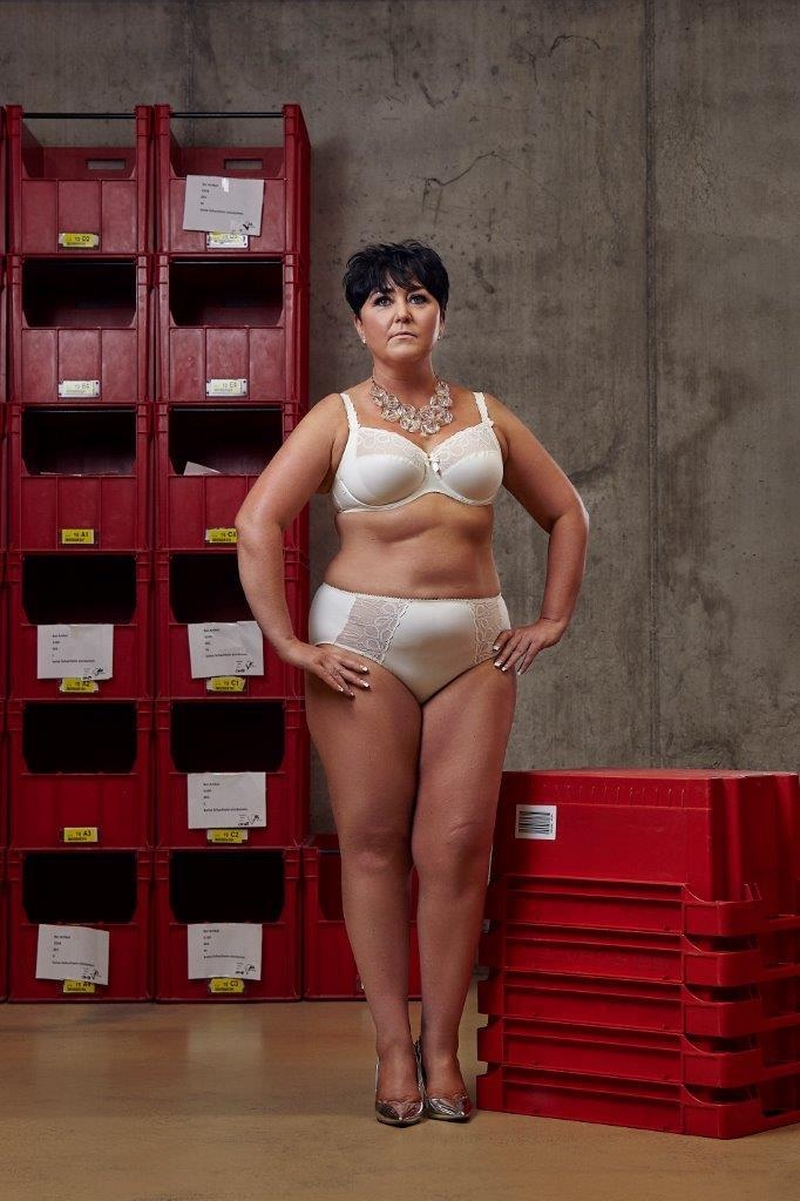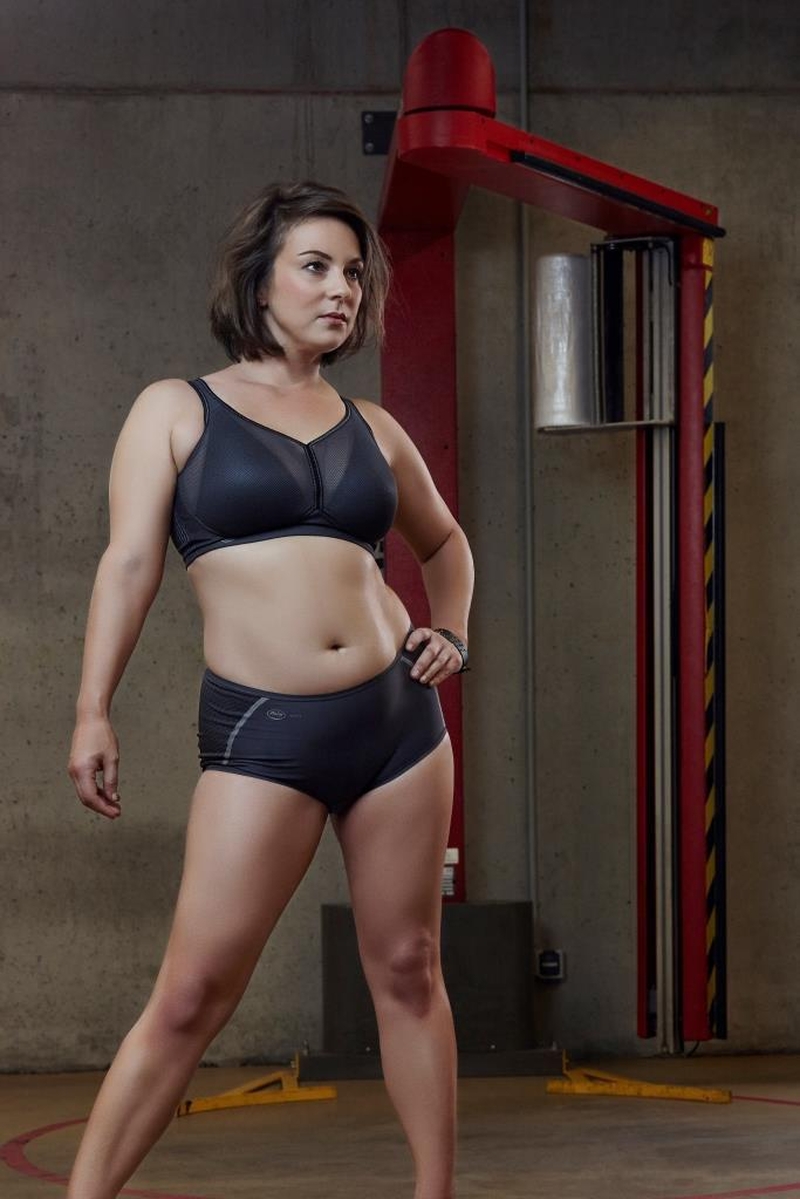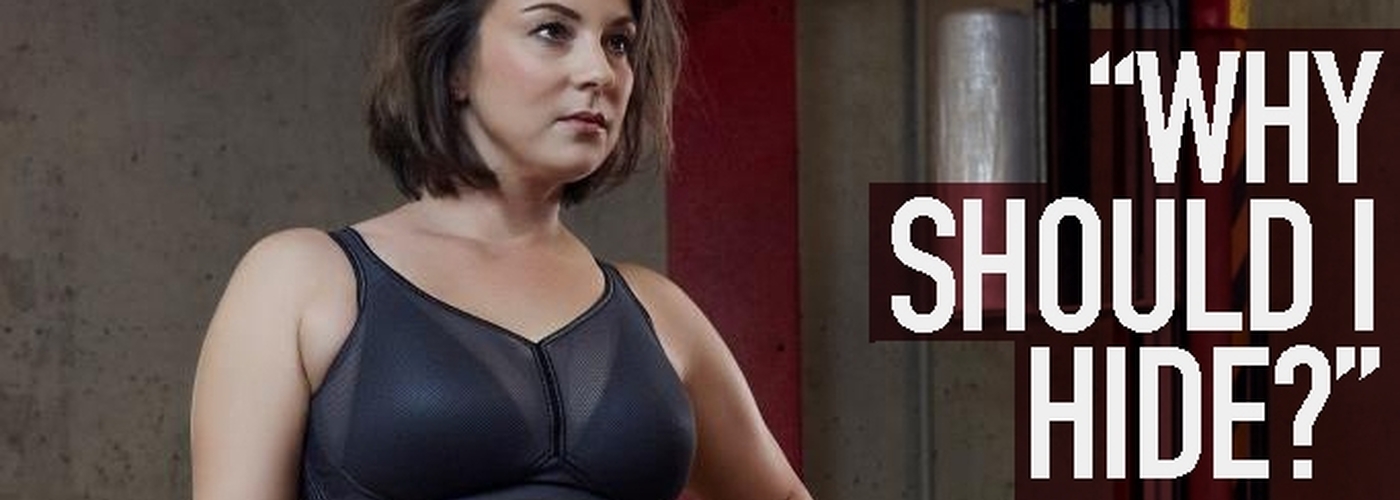Tori Attwood speaks to fundraiser Jamie Walker about her preventative double mastectomy and fighting censorship
What if you were told that the car you are about to get into is 85% likely to crash - would you still get into it? Many would agree that the risk is too high. You would want to alter the car to remove the dangerous parts, or avoid it altogether.
Now imagine that the statistic applied to your chances of getting cancer – would the same rules apply? It’s this life-threateningly high statistic that carriers of the faulty BRCA1 gene face; according to the National Hereditary Breast Cancer Helpline (NHBC), those who carry the hereditary gene have an 85% chance of developing breast cancer.
According to Cancer Research, breast cancer is the most common cancer in the UK, with 150 cases diagnosed daily. One in eight women and one in 870 men will be diagnosed with breast cancer during their lifetime. Although most cancers are not usually inherited, breast cancer can be strongly influenced be genes.
When Angelina Jolie announced she had a risk-reducing double mastectomy back in 2013, the tabloids exploded with information about her preventative treatment. The actress and director was 37-years-old when she made the decision to have both breasts removed to reduce her risk of breast-cancer – which doctors had predicted she had an 87% chance of developing due to the hereditary genetic mutation. Jolie had previously lost her mother, grandmother and aunt to the disease.
Yet despite the ‘Angelina Jolie Effect’ causing a 50% increase in the number of women testing for the BRCA1 gene, experts claim that awareness of the faulty gene is still low, despite hereditary breast cancer being responsible for up to 10% of breast cancer cases. The gene can be inherited from either parent and having a mastectomy can dramatically reduce the risk of cancer - in Jolie’s case, her risk fell from 87% to 5%.
I was determined to have preventive surgery, I couldn’t face the fear and anxiety of always waiting for a cancer diagnosis

It’s the huge risk-reducing results of the mastectomy procedure that campaigner and fundraiser Jamie Walker, from Horwich, Bolton, hopes to raise awareness of. Jamie underwent a double mastectomy at the age of 36 after genetic testing raised concerns.
“[a mastectomy] was something I just knew I would do if I could, after mum had a serious scare a couple of years after her first cancer. From then it wasn't a case of if, but, when...” Walker explains. Walker’s mother was diagnosed with breast cancer at the age of 37 and she had previously lost two paternal great Aunts to the disease at a young age.
“Our family history couldn’t be just coincidence as Mum had developed two primary cancers, ten years apart, bilaterally - one in each breast - and at a young age (37), all of which alone is extremely rare. I was determined to have preventive surgery, I couldn’t face the fear and anxiety of always waiting for a cancer diagnosis, it felt like a sword hanging over my head.”

For those who do have one of the faulty BRCA genes, there is a 50% chance you will pass this on to any children you have and a 50% chance that each of your siblings also have the gene, according to the NHS.
After years of planning and genetic consultations, Walker underwent a double mastectomy with immediate reconstruction at The Nightingale Centre at Wythenshawe hospital. Despite the gravity of her decision, Walker explains she felt relieved about her choice.
“I can't say for definite if it was the fear of cancer or simply the waiting for the operation and feeling in limbo that affected me emotionally the three to four years prior, but after the surgery - and even the day I went in for the surgery - I felt relieved. I had no doubts beforehand, no concerns, no niggling thoughts. I had backup plans for if things went wrong, if the implants failed, if I couldn't keep my nipples. My only way of keeping some resemblance of control was to research to the nth degree what could happen and what I could and couldn't do about it.”
It took four years from Walker’s first appointment to her surgery, though this is not typical, Walker notes the minimum length of time it takes from being confirmed as eligible for preventative surgery to having it is eight months, to allow for the necessary consultations with the clinic and psychologist to ensure patients are ready for and fully understand the treatment.
The backlash I have had from Facebook and Instagram has made me angry

For many who face the prospect of a preventative mastectomy, the fear of losing part of your feminine and sexual identity can be a huge concern. But for Walker, the positives outweighed the negatives.
“The decision [to have a mastectomy] can only be yours to make. But, I think if you have seen first or second hand someone go through cancer, and the life after cancer - which to be honest is worse than going through the treatment – then you already know what you would do.”
“For me personally it [having my breasts removed] hasn't had any effect [on my sexual identity], but that’s probably because since I was eighteen I haven't really seen my breasts that way. But others have. I've had my fair share of everyday sexism because I had a 'great pair' and I suspect most of my friends would mention them if asked to describe me, but I personally didn't see them that way.”
However, despite having a very accepting attitude towards her treatment, Walker acknowledges that there is a stigma around mastectomies, largely due to the censorship of female bodies in the media.
“I am currently banned again from Facebook for sharing my mastectomy photos in a closed, private, invite-only group that was set up specifically to discuss and share mastectomy questions. It feeds back to the [idea that] female nipples are somehow offensive. Facebook have automatic recognition software that searches for and removes images of them, then bans the user.”
It was for this reason that Walker joined a campaign from the National Hereditary Breast Cancer Helpline (NHBC) to raise awareness of the positive impact a mastectomy procedure can have. The body positive campaign highlights the stories of twelve women, all of whom have had risk-reducing breast surgery because they are carriers of a hereditary faulty gene (most commonly BRCA1 or BRCA2). Posing confidently in their underwear, the women hope to raise awareness of hereditary breast cancer and the positive outcomes of undergoing a mastectomy.
“The backlash I have had from Facebook and Instagram has made me angry, and taking part in this campaign has empowered me to start a new website that will be entirely about showcasing mastectomy scars, nipples and all, with a hope of helping to normalise it, one scar at a time. We [women who’ve had mastectomies] shouldn't have to feel compelled to hide away in closed groups. Our breasts/nipples are not offensive.”
“Part of the reason I wanted to take part in this campaign is to let others who may be considering the operation, or have no choice but to go through this, know that they don't need to hide away either.”
The Journal featuring Jamie’s story along with that of twelve other women can be bought from Eloise.co.uk (£9.99). All proceeds go to support the National Hereditary Breast Cancer Helpline who can be contacted on 01629 813 000











